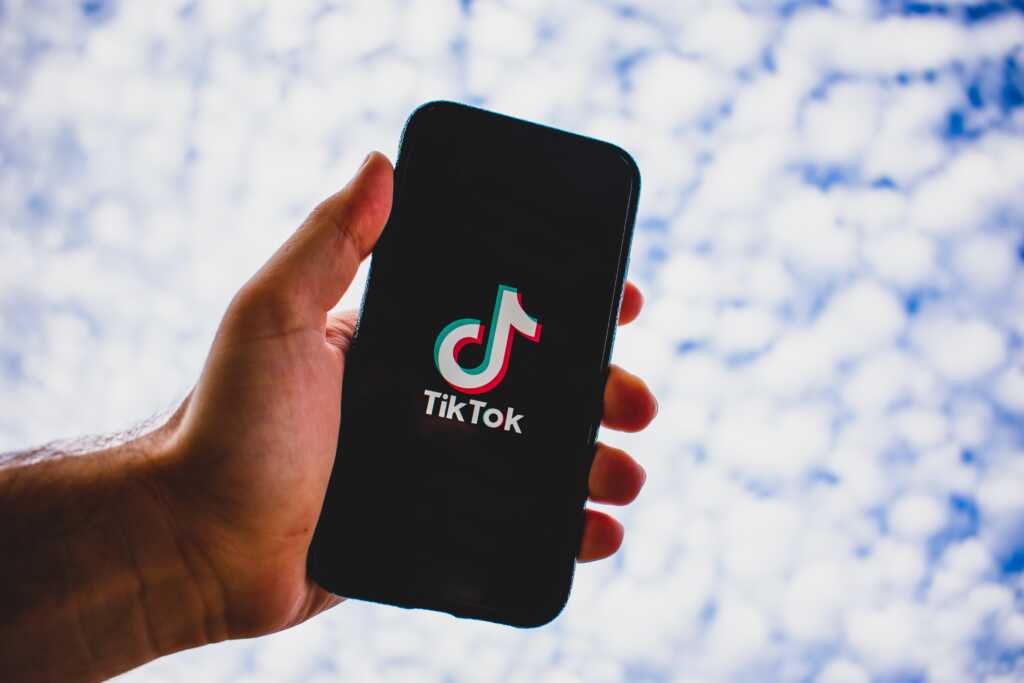A U.S. Senate panel has approved a ban on the use of the Chinese-owned TikTok app on government devices.
The Committee on Homeland Security and Governmental Affairs voted unanimously Wednesday to move forward with a bill from Sen. Josh Hawley (R-Mo.) that would ban federal staffers from using the video-based, social media app, Reuters reported.
Hawley’s legislation will now head to the full Senate for a vote.
Earlier this week, the House of Representatives voted 336-71 to pass the proposal, according to Politico.
There are growing national security concerns over TikTok, owned by Chinese tech company ByteDance. Earlier this month, Secretary of State Mike Pompeo said the government is “very seriously” considering a ban on TikTok as well as the Chinese-based telecom companies Huawei and ZTE.
“With respect to Chinese apps on people’s cellphones,” he said, “I can assure you the United States will get this one right. … I don’t want to get out in front of the president, but it’s something we’re looking at.”
Rep. Ken Buck (R-Colo.) called TikTok a “serious national security threat” and said the data collected by the company “could be used in a cyberattack against our republic,” should the information be shared with the Chinese government.
India has already suspended the use of TikTok as part of a wider ban on dozens of Chinese-based apps. Australia is also entertaining the idea of restricting the social media app. In an open letter to Australian politicians, TikTok Australia General Manager Lee Hunter, recruited from Google in June, argued the Chinese-based app is “being used as a political football,” adding it’s “critical you understand that we are independent and not aligned with any government, political party, or ideology.”
This, though, is what was reported by the Australian Strategic Policy Institute’s Fergus Ryan:
That may be what Australia’s TikTok executives genuinely believe, but it’s certainly not what their boss ByteDance CEO Zhang Yiming thinks. In 2018, the company faced a different existential crisis. With the flick of a pen, the party-state suspended Jinri Toutiao, the company’s news aggregator, and shut down Neihuan Duanzi, a popular app for sharing short videos, GIFs and jokes, making it abundantly clear to the company who ultimately calls the shots with its business.
In response, Zhang published an open letter in which he apologized for failing to respect the Chinese Communist Party’s “socialist core values” and for “deviating from public opinion guidance” — one of the CCP’s terms for censorship and propaganda.
“All along, we have placed excessive emphasis on the role of technology,” Zhang wrote, “and we have not acknowledged that technology must be led by the socialist core value system, broadcasting positive energy, suiting the demands of the era, and respecting common convention.”
[…]
Far from being “independent, and not aligned with any government, political party or ideology,” TikTok’s parent company ByteDance literally has an internal communist party committee as part of its governance structure. ByteDance employees regularly get together to study Xi’s speeches and pledge loyalty to the party.
Back in the U.S., a spokesperson for TikTok said the brand “is led by an American CEO, with hundreds of employees and key leaders across safety, security, product, and public policy here” in the United States.
“We have no higher priority than promoting a safe and secure app experience for our users,” said the spokesperson. “We have never provided user data to the Chinese government, nor would we do so if asked.”
The U.S. military has already barred service members from using TikTok on government-issued devices.



